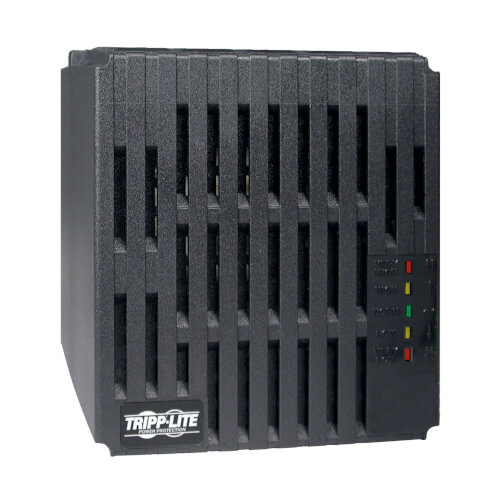- Joined
- Nov 1, 2008
- Messages
- 4,214 (0.69/day)
- Location
- Vietnam
| System Name | Gaming System / HTPC-Server |
|---|---|
| Processor | i7 8700K (@4.8 Ghz All-Core) / R7 5900X |
| Motherboard | Z370 Aorus Ultra Gaming / MSI B450 Mortar Max |
| Cooling | CM ML360 / CM ML240L |
| Memory | 32Gb Hynix @3200 MHz / 16Gb Hynix @3000Mhz |
| Video Card(s) | Zotac RTX 3080 / Colorful GTX 1060 |
| Storage | 750G MX300 + 2x500G NVMe / 40Tb Reds + 1Tb WD Blue NVMe |
| Display(s) | LG 27GN800-B 27'' 2K 144Hz / Sony TV |
| Case | Xigmatek Aquarius Plus / Corsair Air 240 |
| Audio Device(s) | On Board Realtek |
| Power Supply | Super Flower Leadex III Gold 750W / Andyson TX-700 Platinum |
| Mouse | Logitech G502 Hero / K400+ |
| Keyboard | Wooting Two / K400+ |
| Software | Windows 10 x64 |
| Benchmark Scores | Cinebench R15 = 1542 3D Mark Timespy = 9758 |
Hi all,
Not 100% computer related so I'm not sure where to put these. Mods please move if it's not in the right place.
So I'm having a problem with my household electricity supply. In the evening and at night, it'll jump all over the place. It's usually 230 V, but it'll drop down to 150 and spike up to 290 V at times for anywhere from 5 seconds to 5 minutes. I'd like to protect anything connected to my household circuit. I have UPS' for all of my computers and also my router, but I'm worried about the stuff that isn't connected to them (Aircons, Fridge, water coolers, etc.).
Also with the frequency of the power surges, I'm worried about the UPS' themselves getting damaged as I can hear the relays working overtime to keep up (lots and lots of clicking).
I have ordered a Schneider Easy9 surge protector to go in the main breaker box, but I'm not sure that this type of protector is designed for the types of surges I'm dealing with.
Another device I'm looking at is a 25KVA voltage regulator, but again, I'm not sure whether they are designed to protect stuff on the household circuit.
I could go with more UPS' for the fridge and water-cooler and other smaller devices, but from what I understand, the compressors won't like the sine-wave approximated output and would likely do more harm than good.
Does anyone have any advice on the best way to regulate these surges? I am 99% sure that it's nothing on the household circuit that is causing the problems as I've flipped the breakers for all the high current circuits (aircons, etc.) but the surges persist and I've checked all of the wall sockets.
Not 100% computer related so I'm not sure where to put these. Mods please move if it's not in the right place.
So I'm having a problem with my household electricity supply. In the evening and at night, it'll jump all over the place. It's usually 230 V, but it'll drop down to 150 and spike up to 290 V at times for anywhere from 5 seconds to 5 minutes. I'd like to protect anything connected to my household circuit. I have UPS' for all of my computers and also my router, but I'm worried about the stuff that isn't connected to them (Aircons, Fridge, water coolers, etc.).
Also with the frequency of the power surges, I'm worried about the UPS' themselves getting damaged as I can hear the relays working overtime to keep up (lots and lots of clicking).
I have ordered a Schneider Easy9 surge protector to go in the main breaker box, but I'm not sure that this type of protector is designed for the types of surges I'm dealing with.
Another device I'm looking at is a 25KVA voltage regulator, but again, I'm not sure whether they are designed to protect stuff on the household circuit.
I could go with more UPS' for the fridge and water-cooler and other smaller devices, but from what I understand, the compressors won't like the sine-wave approximated output and would likely do more harm than good.
Does anyone have any advice on the best way to regulate these surges? I am 99% sure that it's nothing on the household circuit that is causing the problems as I've flipped the breakers for all the high current circuits (aircons, etc.) but the surges persist and I've checked all of the wall sockets.






 And some last several minutes. That is not good at all. As suggested you need to contact your electric company and complain. And if me, I would do this every couple days until they get tired of you complaining and come out and fix it.
And some last several minutes. That is not good at all. As suggested you need to contact your electric company and complain. And if me, I would do this every couple days until they get tired of you complaining and come out and fix it.